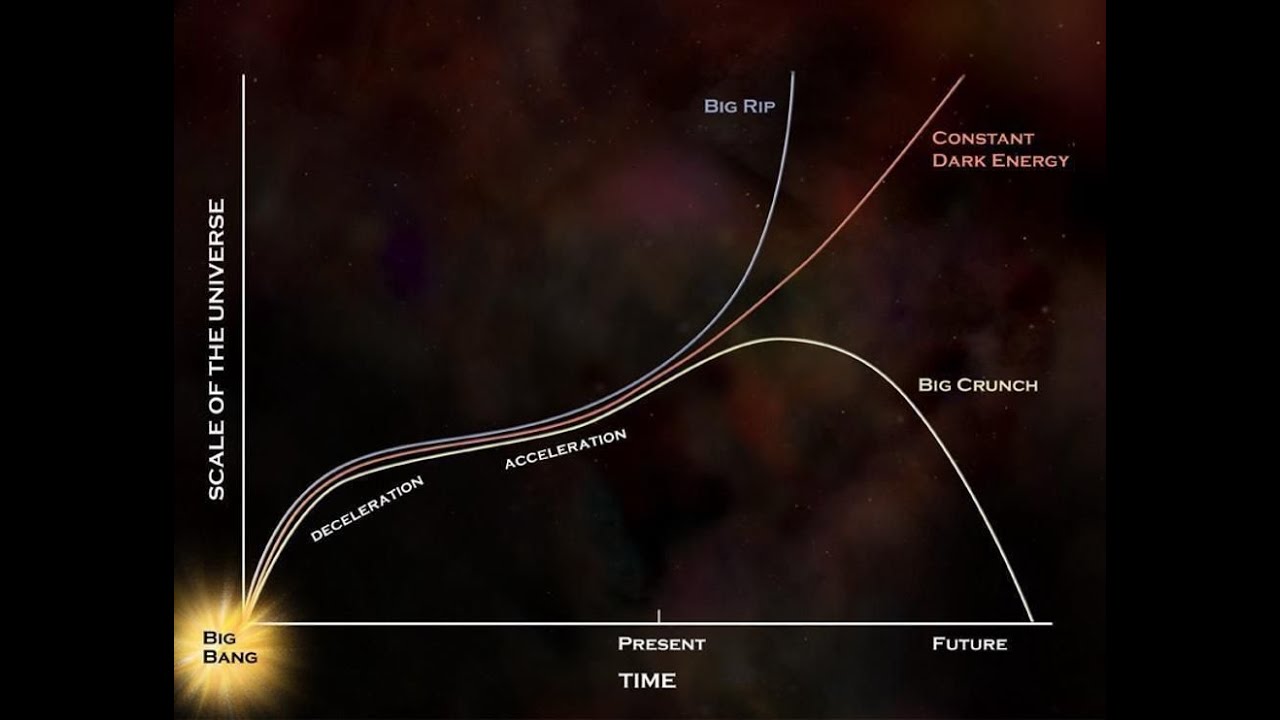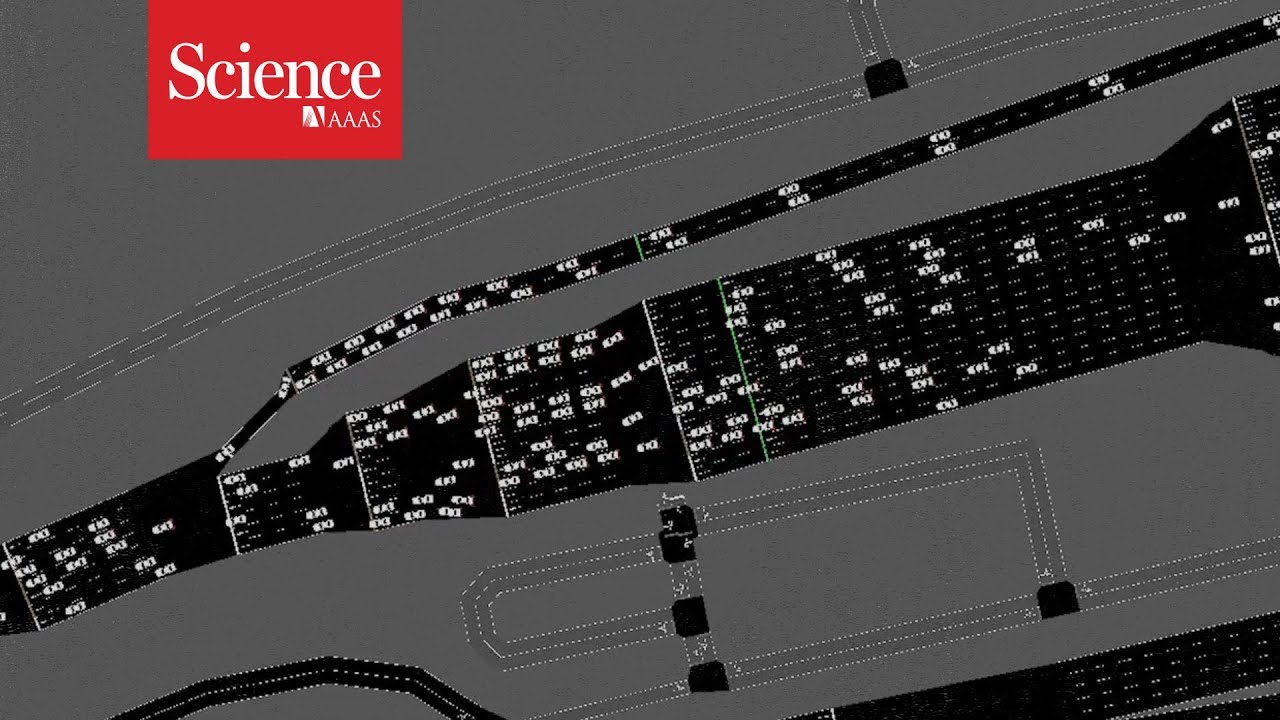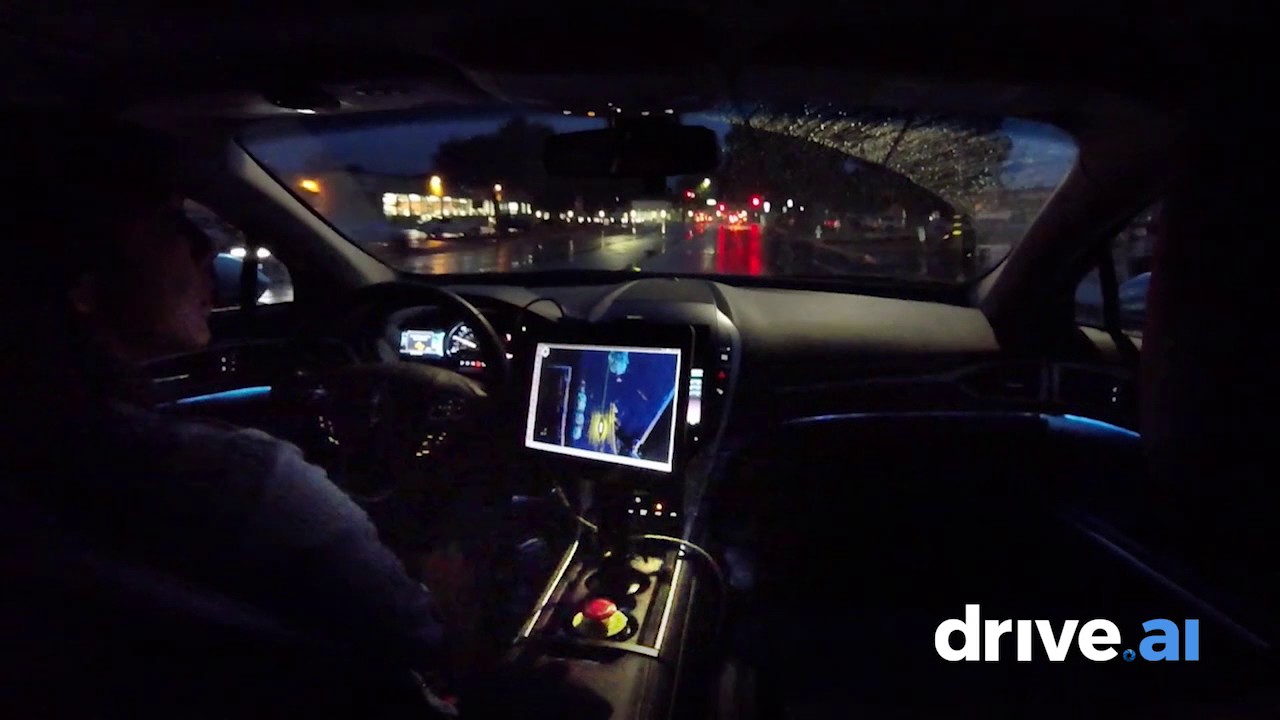Business News
One of the most mysterious components in the entire Universe is dark energy, which — if we’re being honest with ourselves — wasn’t supposed to exist. We had assumed, quite reasonably, that the Universe was a balancing act, with the expansion of the Universe and the gravitational effects of everything within it fighting against one another. If gravity won, the Universe would recollapse; if the expansion won, everything would fly away into oblivion. And yet when we made the critical observations in the 1990s and beyond, we found that not only is the expansion winning, but the distant galaxies we see speed away from us at faster and faster rates as time goes on. But is this really a novel idea, or it is simply the resurrection of what Einstein once called his greatest blunder: the cosmological constant? That’s the question of Boris Petrov, who asks:“Is Einstein’s cosmological constant [the same] as dark energy? Why has, over time, the term “dark energy” replaced the original term “cosmological constant?” Are the two terms identical or not, and why?”Okay, so there are a lot of questions there. Let’s back up all the way to Einstein’s original idea, the cosmological constant, for better and for worse. You have to remember that back when Einstein was working on a theory of gravity to replace and supersede Newton’s law of universal gravitation, we didn’t yet know very much about the Universe. Sure, the science of astronomy was thousands of years old, and the telescope itself had been around for the better part of three centuries. We had measured stars, comets, asteroids, and nebulae; we had witnessed novae and supernovae; we had discovered variable stars and knew about atoms; and we had revealed intriguing structures in the sky, like spirals and ellipticals. But we didn’t know that these spirals and ellipticals were galaxies all unto themselves. In fact, that was only the second-most popular idea; the leading idea of the day was that they were entities — perhaps proto-stars in the process of forming — contained within the Milky Way, which itself comprised the entire Universe. Einstein was looking for a theory of gravity that could be applied to anything and everything that existed, and that included the known Universe as a whole. The problem became apparent when Einstein succeeded in formulating his theoretical crown jewel: General Relativity. Instead of being based on masses exerting forces on one another infinitely fast across infinite distances, Einstein’s conception was vastly different. First, because space and time were relative for each and every observer, not absolute, the theory needed to give identical predictions for all observers: what physicists call “relativistically invariant.” That meant instead of separate notions of space and time, they needed to be woven together into a four-dimensional fabric: spacetime.
All data is taken from the source: http://forbes.com
Article Link: https://www.forbes.com/sites/startswithabang/2020/12/25/ask-ethan-is-einsteins-cosmological-constant-the-same-as-dark-energy/
#universe #newslatest #bbcworldnewstoday #newstodaylocal #bbcnewsworld #newsworldbbc #
Source



